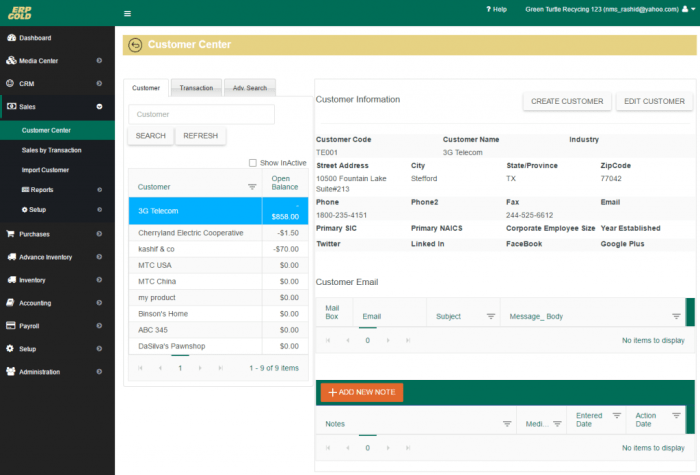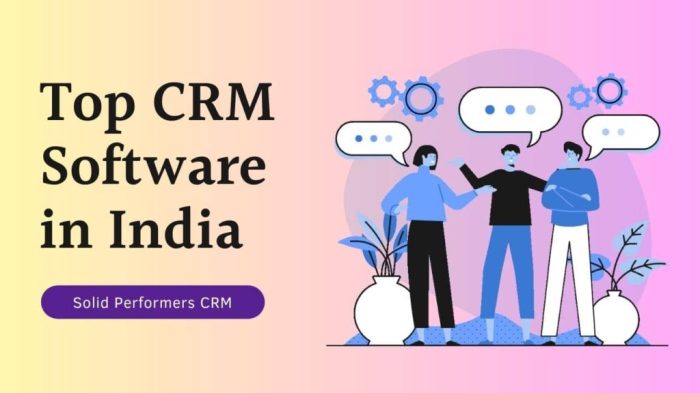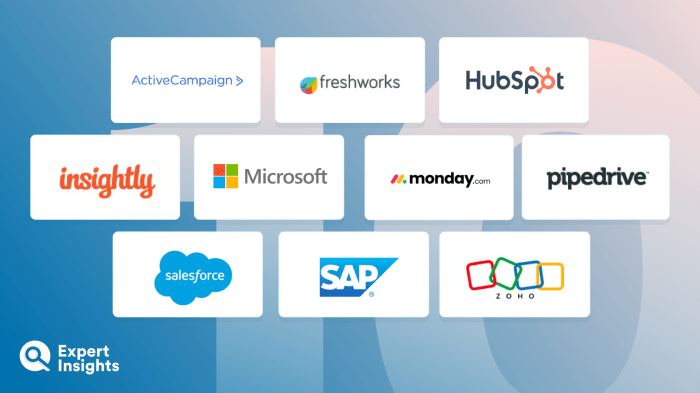Crm software customer service – In today’s competitive landscape, exceptional customer service is no longer a luxury; it’s a necessity. Businesses that prioritize customer satisfaction often see increased loyalty, positive word-of-mouth referrals, and ultimately, higher profitability. A key tool in achieving this is Customer Relationship Management (CRM) software, specifically designed to streamline customer interactions and improve service delivery. This comprehensive guide delves into the intricacies of CRM software for customer service, exploring its functionalities, benefits, and how to choose the right solution for your business needs.
Understanding CRM Software for Customer Service
CRM software acts as a central hub for all customer-related information, providing a 360-degree view of each individual. This consolidated data empowers customer service teams to personalize interactions, resolve issues efficiently, and foster stronger customer relationships. Key functionalities include:
Core Features of Customer Service CRM Software:, Crm software customer service
- Contact Management: Centralized storage and management of customer data (contact details, purchase history, communication logs, etc.). This ensures consistent and accurate information across all teams.
- Ticketing System: Efficiently manages customer inquiries, requests, and complaints through a structured ticketing system. This allows for tracking progress, assigning tickets to appropriate agents, and prioritizing urgent issues.
- Knowledge Base: A searchable repository of FAQs, troubleshooting guides, and other helpful resources. This empowers customers to self-serve, reducing the burden on support teams.
- Live Chat & Messaging: Provides real-time support through integrated chat functionalities, allowing for immediate responses to customer queries and quick resolution of issues.
- Call Center Integration: Seamlessly integrates with phone systems, providing agents with access to customer information during calls. This ensures personalized and informed interactions.
- Email Management: Streamlines email communication with customers, allowing for automated responses, ticket creation from emails, and tracking email interactions.
- Reporting & Analytics: Provides valuable insights into customer interactions, service performance, and agent productivity. This data-driven approach enables informed decision-making and continuous improvement.
- Social Media Integration: Monitors and manages customer interactions across various social media platforms, providing a unified view of customer feedback and sentiment.
- Self-Service Portal: Empowers customers to find solutions independently through a dedicated portal offering FAQs, knowledge base articles, and troubleshooting resources.
Benefits of Implementing CRM Software for Customer Service
The advantages of leveraging CRM software for customer service are numerous and impactful. Here are some key benefits:
- Improved Customer Satisfaction: Personalized interactions, faster response times, and efficient issue resolution lead to significantly higher customer satisfaction levels.
- Increased Efficiency & Productivity: Automation of tasks, streamlined workflows, and centralized information improve agent productivity and reduce operational costs.
- Enhanced Team Collaboration: A centralized platform facilitates seamless communication and collaboration among customer service agents and other departments.
- Better Data-Driven Decisions: Detailed reporting and analytics provide insights into customer behavior, service performance, and areas for improvement.
- Reduced Operational Costs: Automation and improved efficiency can significantly reduce operational costs associated with customer service.
- Stronger Customer Relationships: Personalized interactions and proactive support foster stronger, more loyal customer relationships.
- Improved First Contact Resolution (FCR): Access to comprehensive customer information and a well-organized knowledge base increases the likelihood of resolving issues on the first contact.
- Scalability & Flexibility: CRM systems can adapt to the changing needs of your business as it grows, ensuring long-term scalability.
Choosing the Right CRM Software for Your Business
Selecting the right CRM software is crucial for maximizing its benefits. Consider the following factors:
- Business Size & Needs: Choose a system that aligns with your business size, industry, and specific customer service requirements.
- Budget: CRM solutions range in price from affordable cloud-based options to enterprise-level systems with higher costs.
- Integration Capabilities: Ensure the CRM integrates seamlessly with your existing systems (e.g., email, phone, marketing automation).
- User-Friendliness: Opt for a system with an intuitive interface that is easy for your team to learn and use effectively.
- Scalability: Choose a system that can adapt to your business’s growth and evolving needs.
- Customer Support: Select a vendor that offers reliable customer support and training resources.
- Security & Data Privacy: Prioritize systems with robust security measures to protect sensitive customer data.
Examples of Popular CRM Software for Customer Service
Numerous CRM platforms cater to diverse business needs. Some popular options include:
- Salesforce Service Cloud: A comprehensive solution offering a wide range of features for large enterprises.
- Zendesk: A popular choice for businesses of all sizes, known for its user-friendly interface and robust ticketing system.
- HubSpot Service Hub: A powerful and scalable option integrated with other HubSpot tools for marketing and sales.
- Freshdesk: A cost-effective solution with a focus on ease of use and strong customer support.
- Microsoft Dynamics 365 Customer Service: A robust platform tightly integrated with the Microsoft ecosystem.
Frequently Asked Questions (FAQ)
- Q: What is the cost of CRM software? A: Costs vary significantly depending on the features, scalability, and vendor. Some offer free plans with limited functionality, while others have subscription-based models with tiered pricing.
- Q: How long does it take to implement CRM software? A: Implementation time depends on the complexity of the system, the size of your business, and your team’s technical expertise. It can range from a few weeks to several months.
- Q: How can I measure the success of my CRM implementation? A: Track key metrics such as customer satisfaction scores (CSAT), first contact resolution (FCR), average handling time (AHT), and ticket resolution time.
- Q: What are the potential challenges of implementing CRM software? A: Challenges include data migration, user adoption, integration with existing systems, and ongoing maintenance.
- Q: Is CRM software suitable for small businesses? A: Yes, many CRM solutions are designed for small businesses and offer affordable plans with essential features.
Conclusion
Implementing CRM software for customer service is a strategic investment that can significantly improve customer satisfaction, boost operational efficiency, and drive business growth. By carefully considering your business needs, choosing the right platform, and effectively utilizing its features, you can transform your customer service operations and create a truly exceptional customer experience.
References
- Salesforce Service Cloud
- Zendesk
- HubSpot Service Hub
- Freshdesk
- Microsoft Dynamics 365 Customer Service
Call to Action: Crm Software Customer Service
Ready to elevate your customer service? Explore the CRM solutions mentioned above and find the perfect fit for your business. Start your journey towards exceptional customer experiences today!

Source: erp.gold
Essential Questionnaire
What are the common features of CRM software for customer service?

Source: solidperformers.com
Common features include contact management, ticketing systems, knowledge bases, reporting and analytics dashboards, and integration with other business tools.

Source: expertinsights.com
How much does CRM software for customer service cost?
Pricing varies widely depending on the features, scalability, and vendor. Options range from free, basic plans to enterprise-level solutions with substantial monthly or annual fees.
How long does it take to implement CRM software?
Implementation time depends on the complexity of the system and the size of the business. It can range from a few weeks for smaller businesses to several months for larger enterprises.
What are the key benefits of using CRM software for customer service?
Key benefits include improved customer satisfaction, increased efficiency, better communication, reduced operational costs, and enhanced data-driven decision-making.
